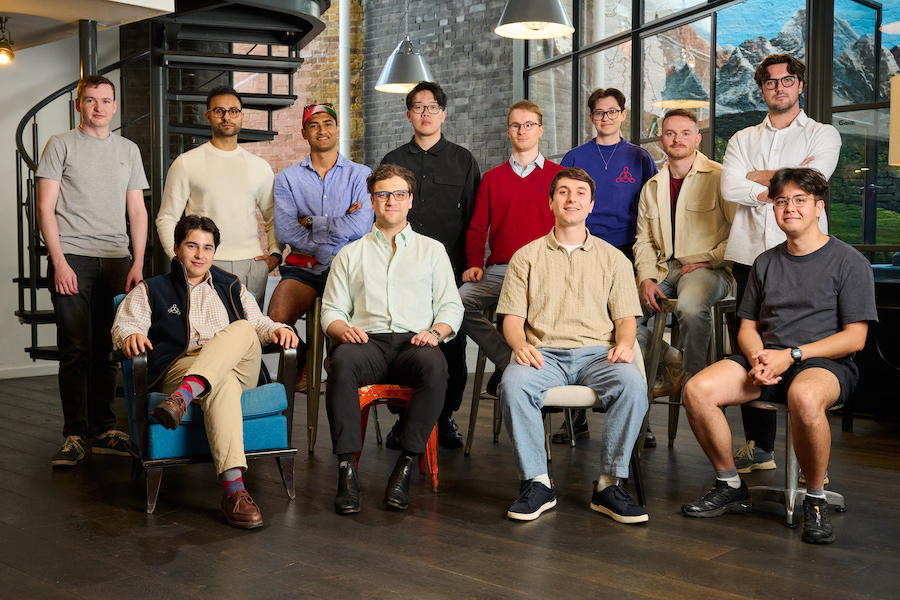Marvin Purtorab, CEO of new startup Convergence, and co-founder Andy Toulis (CTO) met while they both worked at Shopify on recommender systems and AI assistants. They both joined Cohere, the AI platform for enterprises, before coming up with their startup idea only a few months ago. “I mean, to be honest, we left [Cohere] because … we had been playing with agents for, like, a few years, like three or four years now,” Purtorab said. They’d realized agents, as a concept, had been too early a few years before.
Hiring out of Google DeepMind, Meta, OpenAI, and PolyAI, the pair have built out a product in barely a few months, garnering significant interest from investors.
As of today, most agents are designed for specific workflows. Convergence’s “Proxy” agent will work across a number of tasks, with the idea that it acquires skills in the same way a human might by giving it so-called “long-term memory.” That’s via what’s been dubbed by some as “Large Meta Learning Models” (LMLM). These are trained to acquire the skill of learning on their own.
Convergence raised a $12 million pre-seed round led by Balderton Capital. Salesforce Ventures and Shopify Ventures also participated in the round, and will be deployed to develop novel models that power Proxy assistants.
In a statement, James Wise, partner at Balderton Capital, said: “Few people have the experience and skill that Marvin and Andy have, which makes them well-placed to take on the complex technical challenge of a product like Proxy.”
Human users get paired with Proxy agents, which can learn tasks and workflows, freeing the human worker up to do more decision-making than the “grunt work.”
Purtorab said: “If you look at the landscape right now, there’s a lot of companies building these, like ‘narrow’ agents: a sales agent, or an HR agent, or a finance ops agent. Our view is to take a different approach. We’re trying to build the foundations for the first general class of agents that can, depending on the user, delineate into any type of agent you need that does the things for you that you, personally, in your job don’t want to do. And we think that’s kind of a better approach, because we just don’t really see the world of the future of everyone having 1,000 of these different little tools. Over time, things are going to consolidate, and I think that’s where we will come in.”
The strategy is to create consumer agents, but then use those to inform how they train agents in the enterprise. “Consumers are using it more for, like, online shopping like groceries and recipes. On the enterprise side, people are using it to do sales ops. Like, enter a lot of stuff into Salesforce, and keep track of it. Or talent operations, like, keeping track of applicants for a job.”
So are they using consumers as sort of guinea pigs for the enterprise? “That’s would be one way to phrase it. Consumers have a lot of simpler and much broader kind of use cases and it helps us get feedback quicker, right?” Purtorab said.
With all that said, what do they make of the kinds of announcements that Salesforce is making, around agents? “I was at Dreamforce last week, and I think that it’s the right direction. But I do think that they’re also going much more in the direction of, like these very narrow agents that focus on one specific task… Right now you don’t have time to wait another six to 12 months for models to develop a bit better.”
Right now the company is in closed beta with testers, but it should open up shortly.
